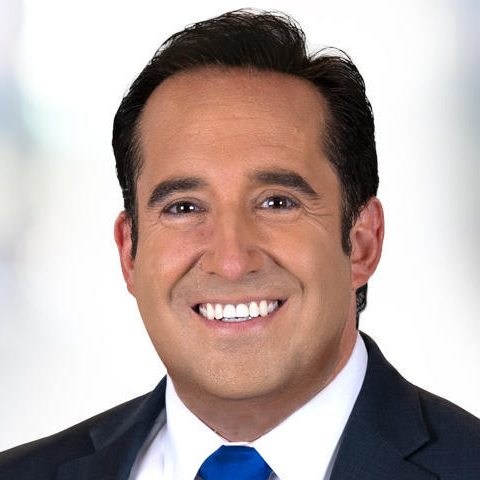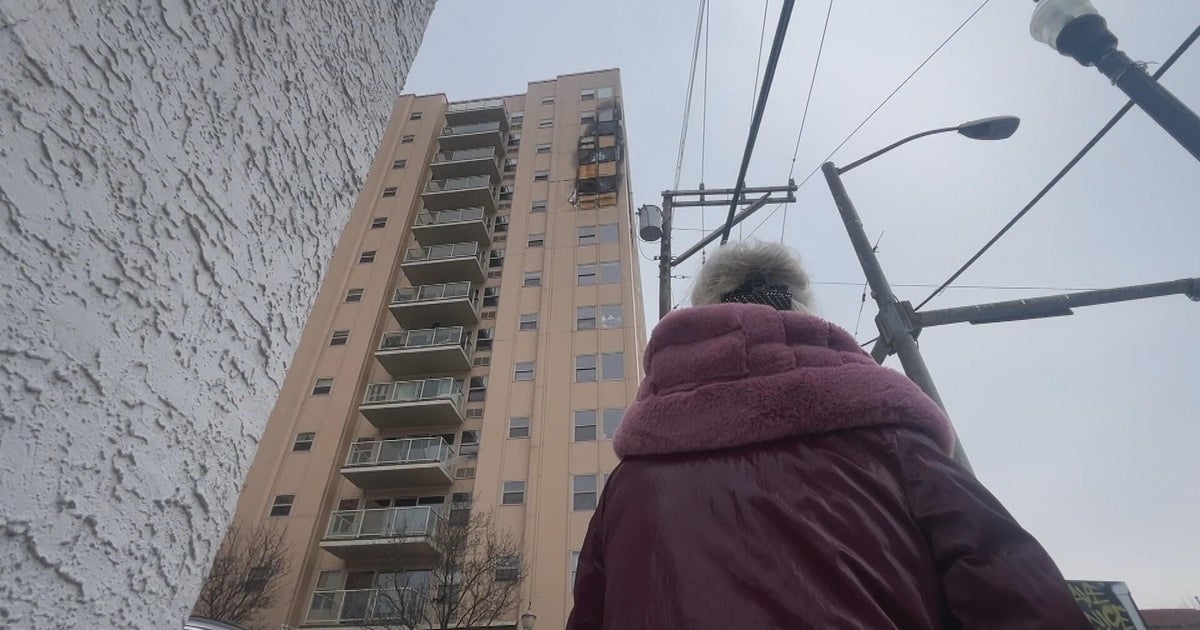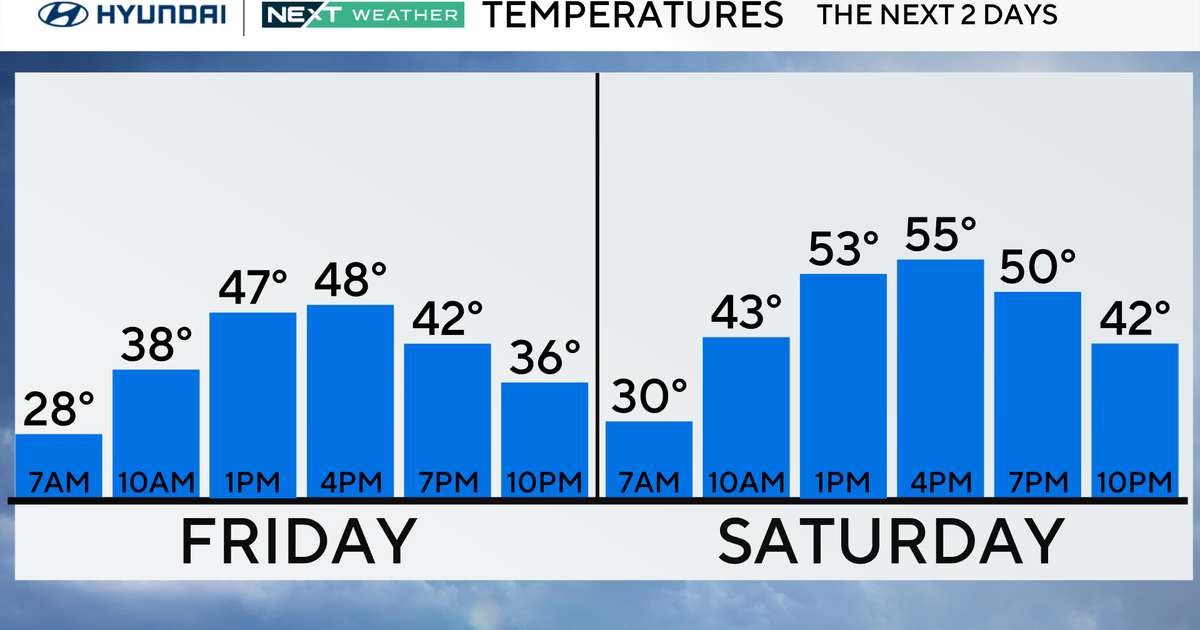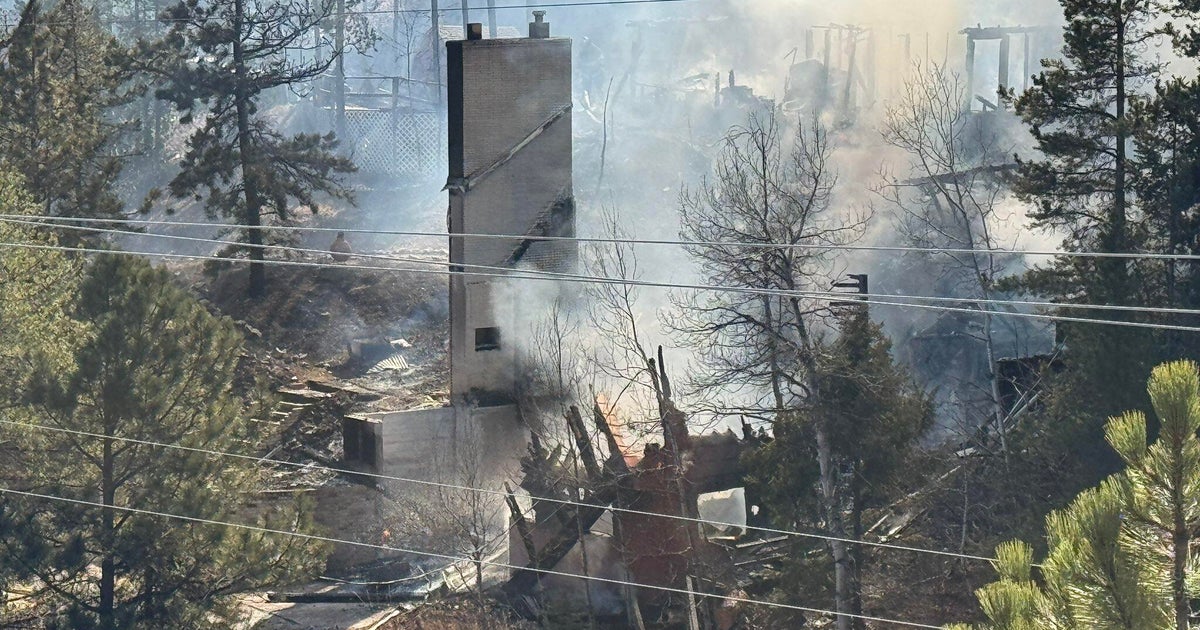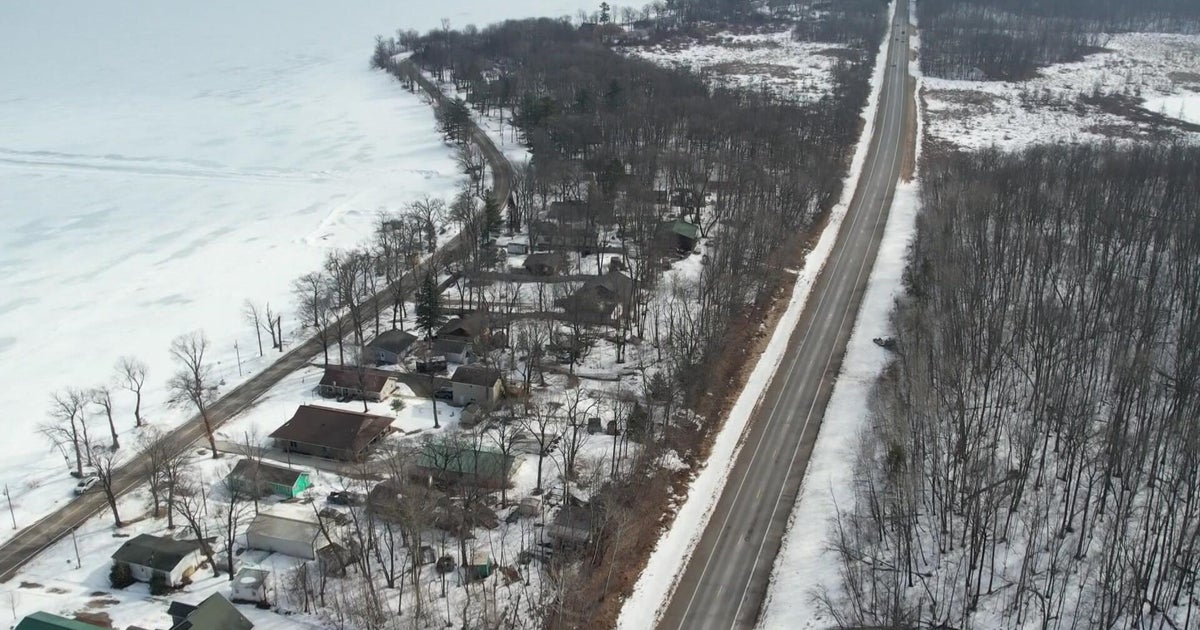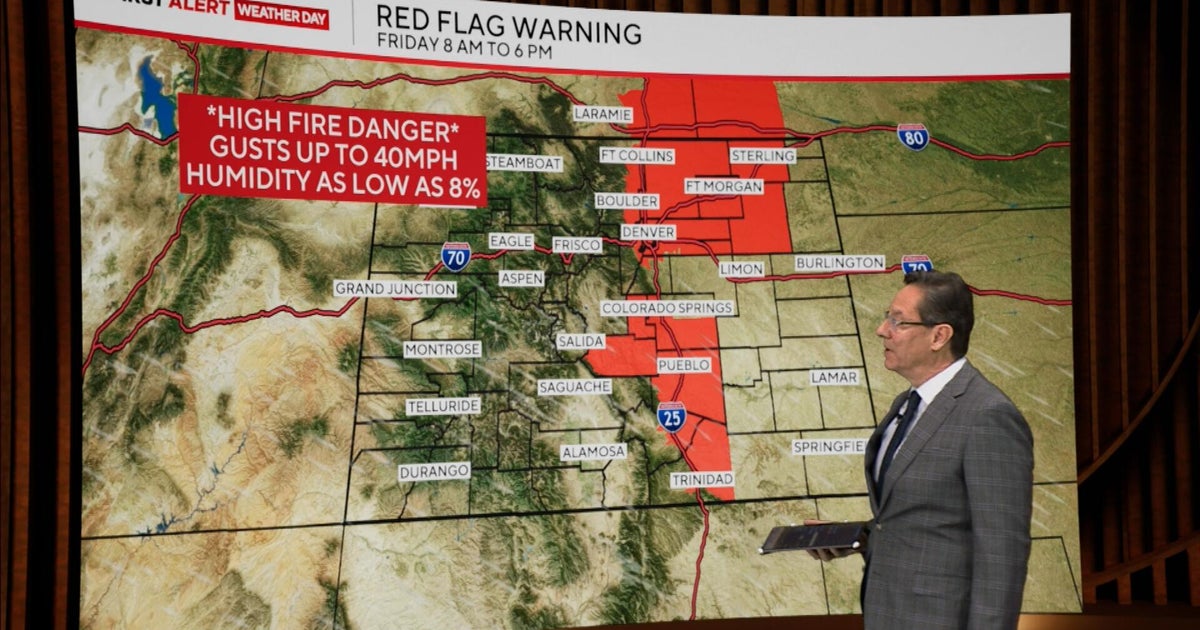Summer of Smoke: Protecting yourself and loved ones from wildfire pollution
WINNIPEG, MB, CANADA -- The 49th parallel, along the border between the United States and Canada, is an arbitrary line.
Whether you're in Minneapolis or Winnipeg, it doesn't matter to the smoke which knows no borders and billows over, polluting our air and making for a historic, if not uncomfortable summer.
They don't start as massive infernos. WCCO cameras were on the front lines with conservation officers right after they got word of a fresh hot spot in the Little Saskatchewan region of Manitoba.
That fire is contained to the reeds, and there aren't any visible flames, but it's producing a massive amount of smoke.
Now multiply that by more than 5,000 wildfires tearing through Canadian forests that are larger than some U.S. states. That's why we're hurting from this summer of smoke.
"And the impact it does have on our kids. Like I even notice they're coughing more at night. Our windows can't be open," said Winnipeg resident Alexandra Allen.
SUMMER OF SMOKE: WCCO visits Canada's hub of operations as nation battles 5,000 wildfires
Minnesotans can easily identify with families like the Allens in Winnipeg, valuing their limited summer days outside. Days like this make for some difficult decisions. Alexandra checks the air quality level every morning.
"It's a really big change in dynamics of, you know, just being a stay-at-home mom with two kids. It's like, you never thought sunscreen, mosquitos, and now it's like we don't even think about those things because we can't even go outside because we can't breathe," she said. "It goes beyond just a little bit of you smell smoke and it's a little bit hazy. It's like no, it affects your everyday lives."
New data and research from Canadian health officials confirm that wildfire smoke is more than just annoying – it's alarming. Jeff Eyamie is an air quality specialist at Canada's Ministry of Health.
"We know it's dangerous, we are starting to draw all kinds of health associations between fine particulate matter and health outcomes such as, you know, the ones you would think about, cardiovascular issues. But there's an association that we're seeing with diabetes. There's an association that we're seeing with low birth weight. There are some mental health associations that epidemiologists are starting to make correlations with the presence of wildfire smoke," Eyamie said.
In the U.S., air quality is measured by what's called the AQI – the air quality index. It's a number between 0 and 500. The higher the number, the more smoke particles or other pollutants, like ozone, are in the air.
AQI is broken into six categories reflecting the different levels of health concerns. When AQI exceeds 100, air pollution is considered "unhealthy for sensitive groups." If the AQI reaches 200, air pollution threatens everyone.
In 2022, the Minnesota Pollution Control Agency (MPCA) counted 259 days in green – nearly nine months of the year. In just one day, the AQI exceeded 100.
This summer, in just six months, we've already recorded 30 days in orange and 10 days in red.
On June 14, the AQI in Minneapolis peaked at a record high of 243 – the worst ever recorded by the MPCA since it started tracking the daily AQI in 1980. According to the EPA, the City of Lakes that day had the worst air pollution in the entire United States.
SUMMER OF SMOKE: Canadian meteorologists adjust to forecasting smoke clouds as wildfires rage
We just spent three years wearing masks because of the pandemic. Are we going to have to be wearing masks because of smoke and wildfires? Eyamie doesn't think so.
"[A mask] is one of the protective measures that is at a person's disposal. I think the best thing to do is be aware of the air itself. I'm gonna choose right now to get outside and go for my run. I'm gonna play a round of golf in the evening rather than the afternoon because the smoke and the heat are probably gonna be better in the evening," Eyamie said. "You always want to have your kids play outside. It's just a matter of saying when, and for a lot of it, especially as we move forward it's gonna be monitoring how much of a risk air quality is knowing that it may not be perfect, and still saying it's worth having the kids go outside and play."
Parents having to plan ahead is not a new idea, but certainly one with added urgency for moms like Alexandra Allen.
"It's just one more thing we have to worry about that affects our kids for long term. It's not just this summer or this day or this week," she said. "It could be forever."
Wildfire smoke is only one element affecting air quality. Even when there are no fires, it's still important to check for pollutants like ozone.
